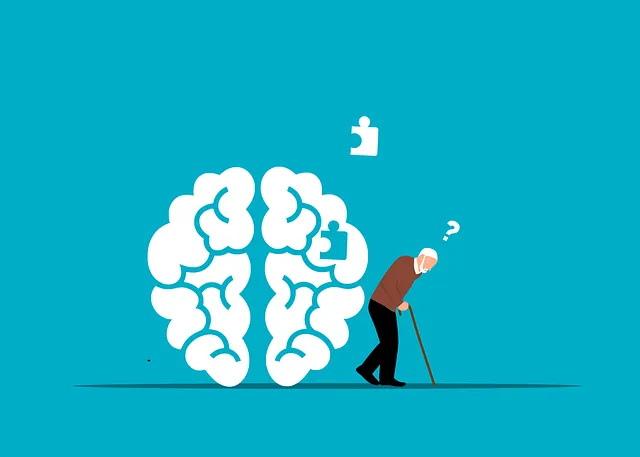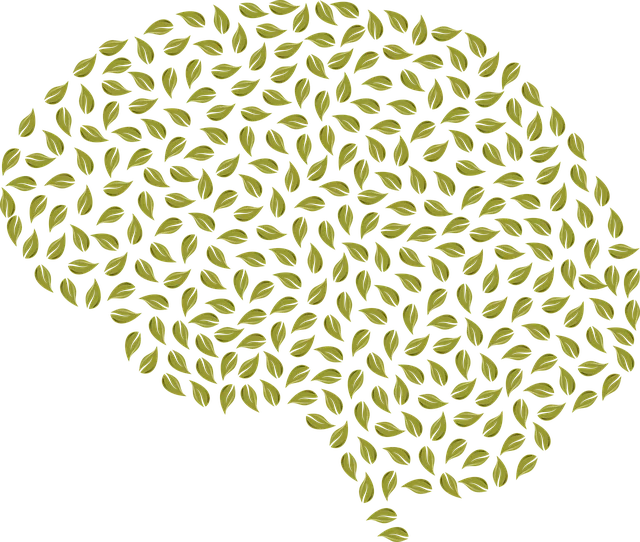The Kaiser Permanente Mental Health Access Center in Greenwood Village utilizes the structured Resilience, Flexibility, and Mastery (RFM) framework to foster emotional well-being. This evidence-based approach, aligned with Kaiser Permanente's mission, equips individuals with coping mechanisms, enhances adaptability, and promotes personal control through inner strength development and mind-over-matter strategies. The center's diverse initiatives cater to youth, adults, and families, holistically improving mental health by enhancing self-awareness and coping skills. Continuous improvement through data-driven assessments ensures the RFM programs remain effective in managing stress, anxiety, and other challenges, ultimately building resilient communities.
Resilience is a powerful tool for navigating life’s challenges. RFM (Recovery, Flexibility, and Mastery) exercises, backed by evidence from organizations like the Kaiser Permanente Mental Health Access Center in Greenwood Village, have shown remarkable effectiveness in building resilience. This article explores the implementation of RFM within community settings, highlighting a case study at Kaiser Permanente and offering insights into its positive impact on individuals’ mental health and well-being. Discover how these exercises can be adapted for various environments to foster resilience and promote continuous improvement.
- Understanding RFM and its Role in Resilience Building
- Kaiser Permanente Mental Health Access Center: A Case Study
- Implementing RFM Exercises at Greenwood Village
- Measuring Success and Continuous Improvement
Understanding RFM and its Role in Resilience Building

Resilience is a cornerstone of emotional well-being, enabling individuals to navigate life’s challenges with adaptability and bounce back from setbacks. Recognizing this, organizations like Kaiser Permanente Mental Health Access Center in Greenwood Village have embraced techniques such as RFM (Resilience, Flexibility, and Mastery) to foster resilience among their clients.
RFM is a structured framework that empowers individuals to develop emotional coping mechanisms, enhance flexibility in the face of change, and cultivate a sense of personal mastery over their lives. By combining evidence-based practices with practical exercises, RFM aims to equip people with the tools needed to manage stress, anxiety, and other mental health challenges effectively. This approach aligns with Kaiser Permanente’s mission to promote emotional well-being through accessible and comprehensive mental health services tailored to individual needs.
Kaiser Permanente Mental Health Access Center: A Case Study

The Kaiser Permanente Mental Health Access Center in Greenwood Village serves as a shining example of how structured mental health education programs can transform lives and build resilience within communities. This center has been at the forefront of integrating innovative inner strength development strategies and mind over matter principles into their services, demonstrating remarkable success in empowering individuals to cope with life’s challenges.
By offering diverse initiatives that cater to different demographics, the center ensures a holistic approach to mental well-being. Their tailored programs target youth, adults, and families, fostering environments where participants can learn valuable coping mechanisms, enhance self-awareness, and develop the tools needed to navigate life’s complexities. This case study highlights the importance of accessible mental health education in building communities that are better equipped to handle stress, trauma, and everyday pressures, ultimately leading to improved public mental health.
Implementing RFM Exercises at Greenwood Village

At Greenwood Village, implementing RFM (Resilience, Flexibility, and Mindfulness) exercises has been a game-changer for the Kaiser Permanente mental health access center. These structured programs are designed to help residents cultivate resilience, enhancing their ability to navigate life’s challenges with grace and poise. The village offers a serene environment conducive to learning and practicing mindfulness techniques, enabling participants to connect more deeply with themselves and develop a stronger sense of inner calm.
Through daily RFM sessions, residents engage in activities that boost confidence, foster positive thinking, and provide anxiety relief. The exercises range from guided meditations and yoga practices to cognitive-behavioral strategies and creative outlets. This holistic approach ensures that each individual leaves Greenwood Village with practical tools to maintain their mental well-being long after they’ve left the village’s peaceful confines, ultimately empowering them to thrive in a fast-paced world.
Measuring Success and Continuous Improvement

Measuring success and continuous improvement are paramount when implementing RFM (Resilience, Flexibility, and Mindfulness) exercises in organizations like the Kaiser Permanente Mental Health Access Center in Greenwood Village. The center’s focus on mental well-being resonates with initiatives aimed at depression prevention and stress management workshops. By integrating empathy-building strategies, these programs foster a culture of resilience within the workforce.
Regular assessments are key to gauging the effectiveness of RFM initiatives. This involves collecting feedback from participants through surveys and one-on-one interviews, analyzing attendance rates, and tracking improvements in mental health metrics specific to depression and stress levels. The data gleaned from these measures allows for adjustments in program design and delivery, ensuring that the Kaiser Permanente Mental Health Access Center continues to provide relevant, impactful, and continuously improving services to its employees.
The implementation of RFM (Resilience, Flexibility, and Mindfulness) exercises has shown promising results in enhancing resilience, particularly at the Kaiser Permanente Mental Health Access Center in Greenwood Village. By integrating these practices into their program, the center has successfully supported individuals in developing coping strategies for stress and adversity. This case study highlights the potential of RFM as a game-changer in mental health promotion, offering a vibrant and sustainable approach to building resilience within communities. As demonstrated, tailored interventions like these can revolutionize mental well-being, leaving lasting impacts.






